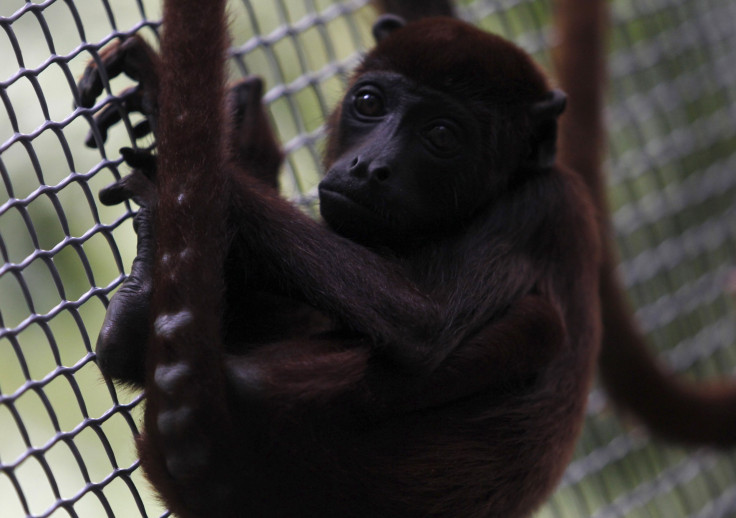Yellow Fever Outbreak In Brazil: Thousands Of Rare Howler Monkeys Dying In States Worst Hit By Infection, Report Says

Brazil’s latest yellow fever outbreak has infected large numbers of rare monkeys in the country’s forests, bringing down their numbers at an alarming rate.
“Some 80 to 90 per cent of the brown howler monkeys are infected or have already died,” said Sergio Mendes at the Federal University of Espírito Santo in Vitoria, Brazil, according to the New Scientist magazine. “This is a true catastrophe. These outbreaks happen periodically, but this is the worst I’ve ever seen.”
While Brazil is considered at risk for the disease, this outbreak — which started in late 2016 — has been the country’s largest since 2000. Since the start of 2017, at least 50 people have been killed. The Associated Press quoted Brazil’s Health Ministry as saying that 568 suspected cases have been reported across the country, of which 107 were confirmed and 430 are currently under investigation.
Vaccines have been rushed to local hospitals with people standing in long queues as they wait for the injections. However, no such immunization is available for the monkeys. The two states worst hit by the outbreak — Espírito Santo and Minas Gerais — have reportedly seen mass deaths of these monkeys in the absence of any possible treatment or preventive measures.
Mendes said he knew of 400 such monkey deaths in Espírito Santo, which may be just 10 percent of the total fatalities. A primary reason for this was that the largest numbers of the howler monkeys are in remote forested areas which remain inaccessible.
The yellow fever virus is normally found in a number of forest-dwelling mammals and transmitted by Aedes, Haemagogus and Sabethes mosquitoes. According of veterinary epidemiologist Marco Almeida, who is with Rio Grande do Sul state’s health agency, recent torrential rains provided ideal conditions for the mosquitoes to breed.
“The mosquitos can disperse across forest for up to 6 kilometres from their breeding point,” New Scientist quoted Júlio-César Bicca-Marques, a primatolologist at Pontifical Catholic University of Rio Grande do Sul, as saying, “but they’ll also get rides in trucks. Plus, infected hunters, tree-cutters and agricultural workers can spread the virus.”
© Copyright IBTimes 2024. All rights reserved.






















